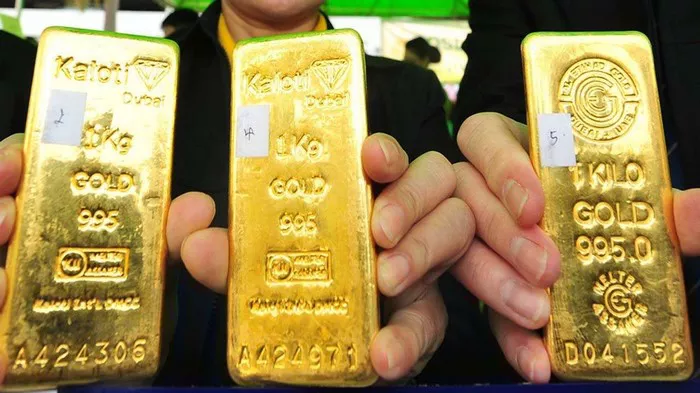Gold has been a valuable and sought-after precious metal for centuries. Its unique properties, scarcity, and historical significance have made it a popular choice for investment and as a store of wealth. The price of gold is influenced by various factors, including economic conditions, geopolitical events, central bank policies, and investor sentiment. In this article, we will delve into the future of gold price and analyze key trends that may shape its trajectory in the coming years.
Current State of Gold:
To understand the future of gold price, let’s first examine its current state. As of 2021, gold experienced a significant rally, reaching all-time highs due to economic uncertainties caused by the COVID-19 pandemic. However, since then, the price has experienced some volatility. Factors such as economic recovery, inflation concerns, and shifts in investor sentiment have contributed to fluctuations in gold prices.
Economic Factors:
a. Inflation: One of the primary drivers of gold prices is inflation. As economies recover from the global pandemic, there are concerns about rising inflation rates. Historically, gold has served as a hedge against inflation, as its value tends to rise when the purchasing power of fiat currencies declines. If inflationary pressures persist or escalate, it could support higher gold prices in the future.
b. Interest Rates: Another crucial factor affecting gold prices is interest rates. When interest rates are low, the opportunity cost of holding gold diminishes, making it an attractive investment option. Conversely, rising interest rates can make other investments, such as bonds or savings accounts, more appealing than gold. Therefore, changes in central bank policies and interest rate hikes may impact gold prices moving forward.
Geopolitical Events:
Geopolitical events play a significant role in shaping the outlook for gold prices. Uncertainty and instability on the global stage tend to increase demand for safe-haven assets like gold. Political tensions, trade disputes, and geopolitical conflicts can create an environment of fear and uncertainty, driving investors towards gold as a form of protection. Therefore, ongoing geopolitical developments should be closely monitored to gauge their impact on gold prices.
Central Bank Policies:
Central banks around the world hold substantial gold reserves, and their policies can affect gold prices. When central banks increase their gold holdings or show a preference for gold, it can boost investor confidence and stimulate demand. Conversely, if central banks reduce their gold reserves or adopt policies that favor other investments, it may have a negative impact on gold prices. Monitoring central bank actions and policy shifts is crucial in assessing the future trends of gold prices.
Technological Advancements:
Technological advancements, particularly in mining and extraction methods, can influence gold production and supply. Innovations in mining techniques and processing technologies can potentially increase the efficiency of gold extraction, leading to higher supply levels. However, it is important to note that gold is a finite resource, and the rate of new discoveries has been declining. If supply growth remains constrained while demand continues to rise, it could put upward pressure on gold prices in the long term.
Shifts in Investor Sentiment:
Investor sentiment can be a significant driver behind gold price movements. During times of market volatility or financial instability, investors often seek safe-haven assets, including gold. The perception of gold as a reliable store of value can lead to increased demand and drive up prices. Additionally, the sentiment surrounding the global economy, stock markets, and alternative investment options can influence investors’ appetite for gold. Monitoring shifts in investor sentiment is crucial when considering the future trajectory of gold prices.
Conclusion:
Predicting the future of gold prices with absolute certainty is challenging, as it depends on numerous interconnected factors. However, by analyzing economic conditions, geopolitical events, central bank policies, technological advancements, and investor sentiment, it is possible to gain insights into potential trends. In the coming years, factors such as inflation, interest rates, geopolitical tensions, central bank actions, technological advancements, and shifts in investor sentiment will likely continue to shape the future of gold prices. Investors and market participants should remain vigilant and consider these dynamics when making decisions related to gold investments.


